Mrs. Bui Thi Le, Mai To village, Luc Ngan commune, has 6 sao of apple trees planted for 9 years. Currently, each tree has a large and strong root, is producing young fruit, and is expected to yield the first harvest next December. This year, despite the unfavorable weather due to storms, thanks to proactively securing the trees early, the damage has been significantly reduced. Each year, the apple garden brings her family tens of millions of dong. Sharing about care techniques, Mrs. Le said she still mainly relies on traditional experience. During the season, she fertilizes with nitrogen, phosphorus, potassium, and adds organic and microbial fertilizers to improve fruit quality, helping the apples have a rich, sweet taste. However, she also admitted that she could not determine the exact amount of fertilizer needed, nor did she know clearly which nutrients the tree had in excess or lacked.
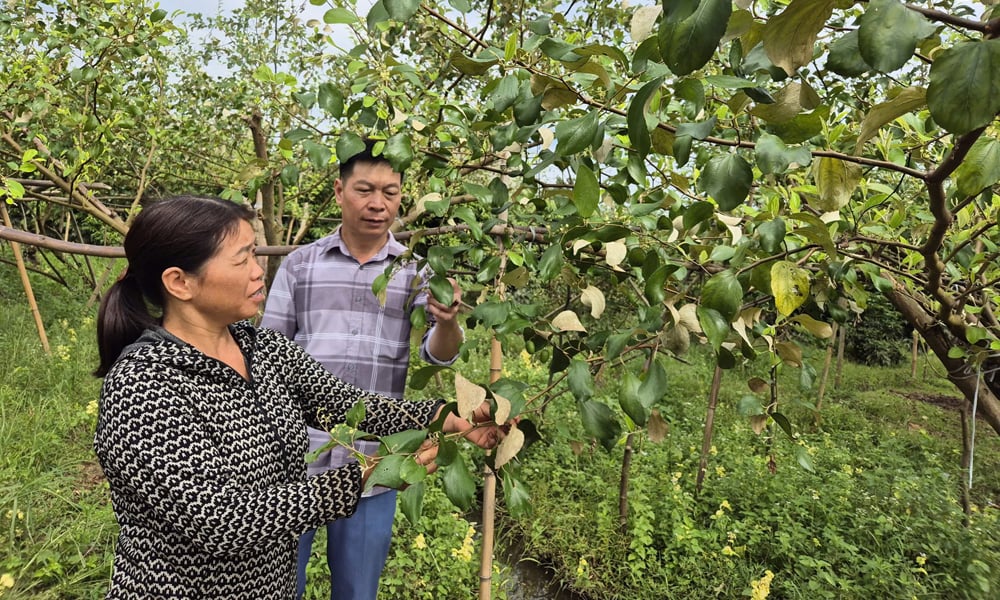 |
People in Mai To village, Luc Ngan commune take care of apples. |
Ms. Le's way of taking care of fruit trees is not an isolated case but a common reality of gardeners today. Luc Ngan has a relatively flat terrain mixed with low hills and mountains, along with rich potential soil, very suitable for growing fruit trees. The whole commune has about 5 thousand hectares of fruit trees of all kinds, the largest of which are lychee, orange, grapefruit and apple, the rest are some other crops such as dragon fruit, guava... In fact, every year people have to spend a large amount of money to buy fertilizer to take care of their plants, but in reality, they do not know if fertilizing like that is correct, there is a possibility of excess, causing waste, and the risk of environmental pollution.
According to Mr. Luu Van Tu, Chairman of Luc Ngan Commune People's Committee, after many decades of cultivation, the use of chemical fertilizers and pesticides has significantly affected the quality of the soil. Therefore, it is necessary to soon have a policy to build a soil map (physical, chemical) for the Luc Ngan fruit growing area to guide people to use fertilizers reasonably, improve production efficiency and protect the environment. The results of soil sample analysis in Phi Dien commune (old) now merged into Luc Ngan commune by the Green Growth Research Institute ( Hanoi ) showed that the soil is basically suitable for growing lychee with pH indexes, macronutrients and micronutrients all meeting the requirements. However, it is still necessary to improve the organic content, add calcium (Ca), magnesium (Mg) and treat poor drainage to ensure sustainable tree development.
According to scientists, soil plays an important role in agricultural production, providing water and nutrients for plant growth. Soil fertility, the ability to provide nutrients and water are factors that determine crop yield and quality. Each type of plant has different nutritional needs, it is necessary to systematically study the physical, chemical and biological characteristics of the soil to have appropriate improvement solutions.
Bac Ninh has many advantages and potential for diverse agricultural development. In recent years, the province has issued many policies to support production, thereby forming specialized fruit growing areas, creating a foundation for the development of commodity agriculture. According to statistics from the Department of Cultivation and Plant Protection (Department of Agriculture and Environment), the whole province currently has nearly 54 thousand hectares of fruit trees, with key varieties such as lychee, orange, grapefruit, guava, apple, custard apple and longan. This area is concentrated in a number of communes and wards such as: Luc Ngan, Phuc Hoa, Yen The, Phuong Son, Chu, Kep, Nghia Phuong... With such a large scale of cultivation, every year people use hundreds of thousands of tons of fertilizers of all kinds to care for crops. However, if you only fertilize based on word of mouth experience or follow trends without clearly understanding the characteristics of the soil and the specific nutritional needs of each type of plant, it will lead to a waste of materials, while the plant still lacks necessary nutrients, affecting the productivity and quality of agricultural products.
Faced with the current situation of unreasonable fertilizer use and recommendations from some delegates, at the conference summarizing the production and consumption of lychee in 2025 and deploying tasks for the coming time, comrade Pham Van Thinh, member of the Provincial Party Standing Committee, Vice Chairman of the Provincial People's Committee, directed the Department of Science and Technology to urgently research and develop a local agricultural map. Determining whether crops are lacking or having excess nutrients cannot be done with the naked eye, so there needs to be a scientific basis to warn and guide people to use fertilizers properly, save costs and protect the ecological environment. Regarding this content, Mr. Trieu Ngoc Trung, Deputy Director of the Department of Science and Technology, said that the unit is coordinating and plans to consult scientists, place orders to implement research topics, evaluate soil characteristics of each region and make recommendations on appropriate fertilizer for each type of crop in 2026. This is an important step to improve the efficiency of agricultural production.
Source: https://baobacninhtv.vn/bac-ninh-xay-dung-ban-do-nong-hoa-cho-vung-cay-an-qua-trong-diem-postid427875.bbg








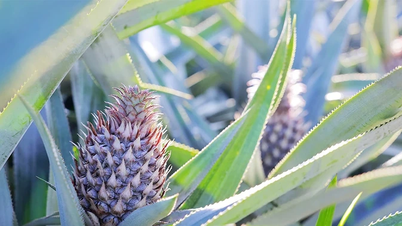



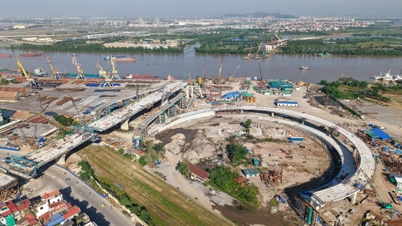








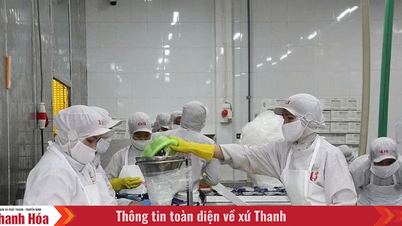





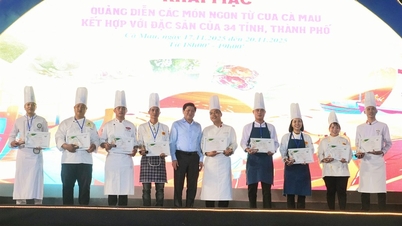

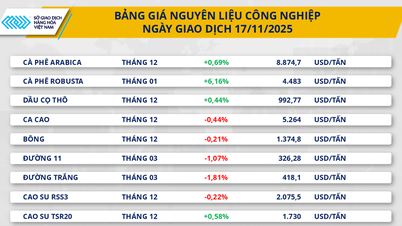






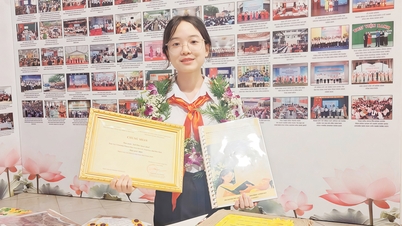



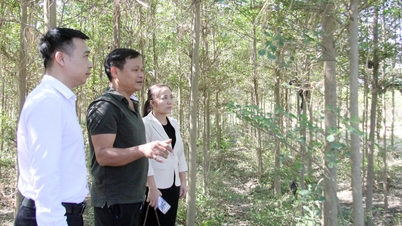



![[Photo] General Secretary To Lam and National Assembly Chairman Tran Thanh Man attend the 80th Anniversary of the Traditional Day of the Vietnamese Inspection Sector](https://vphoto.vietnam.vn/thumb/1200x675/vietnam/resource/IMAGE/2025/11/17/1763356362984_a2-bnd-7940-3561-jpg.webp)



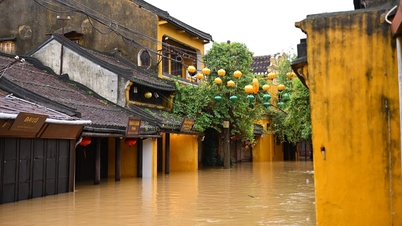

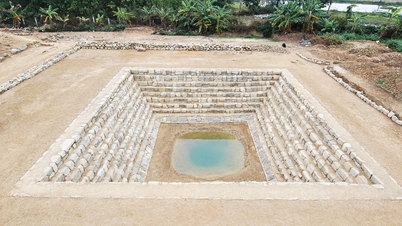

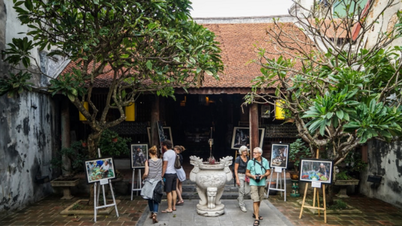



















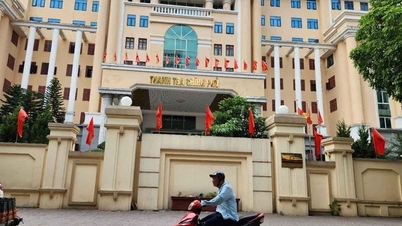










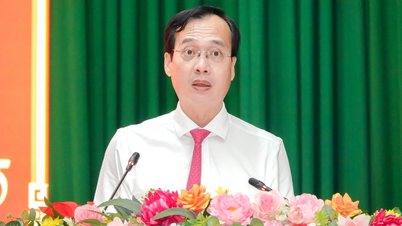


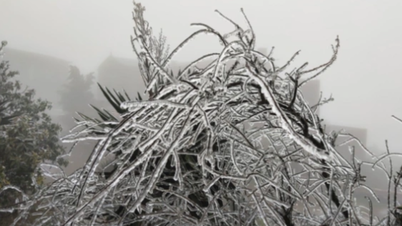
















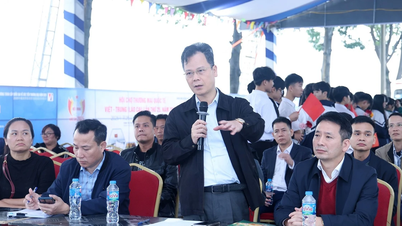















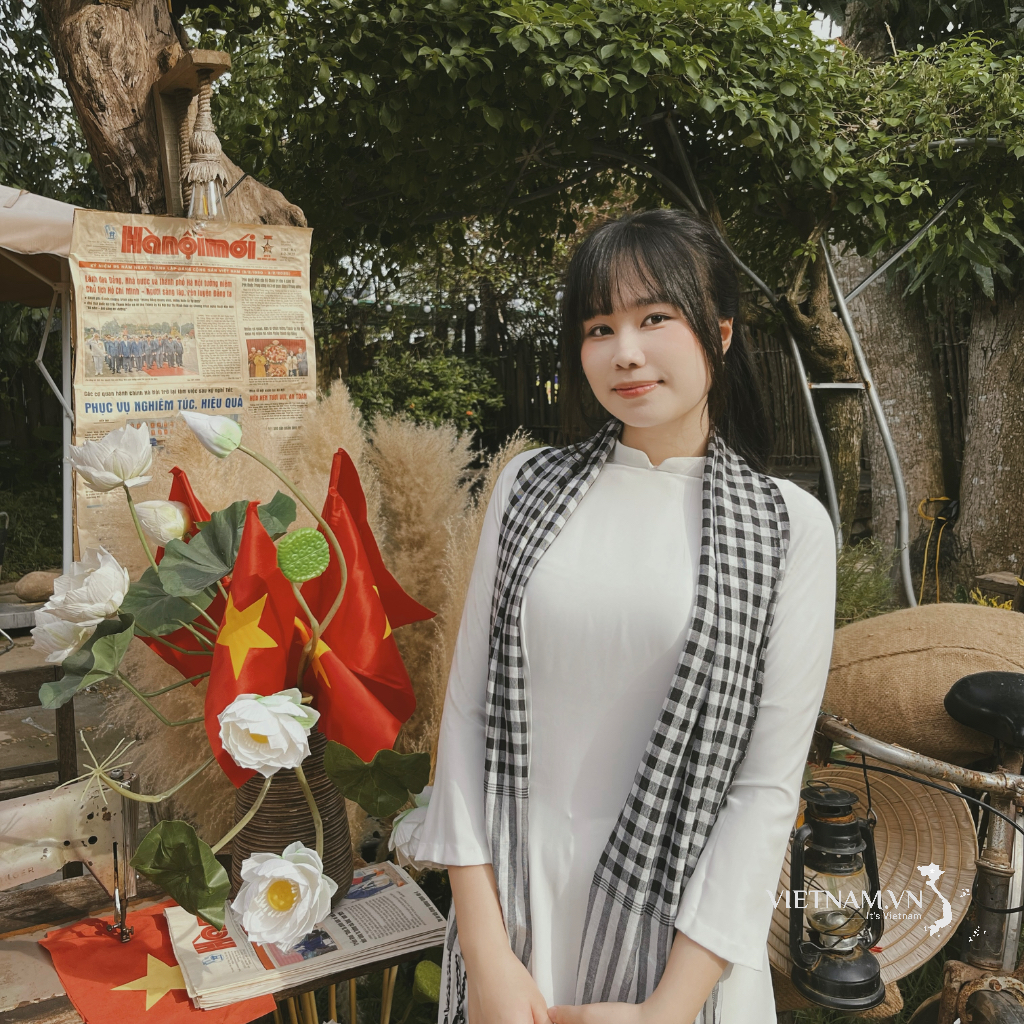
Comment (0)